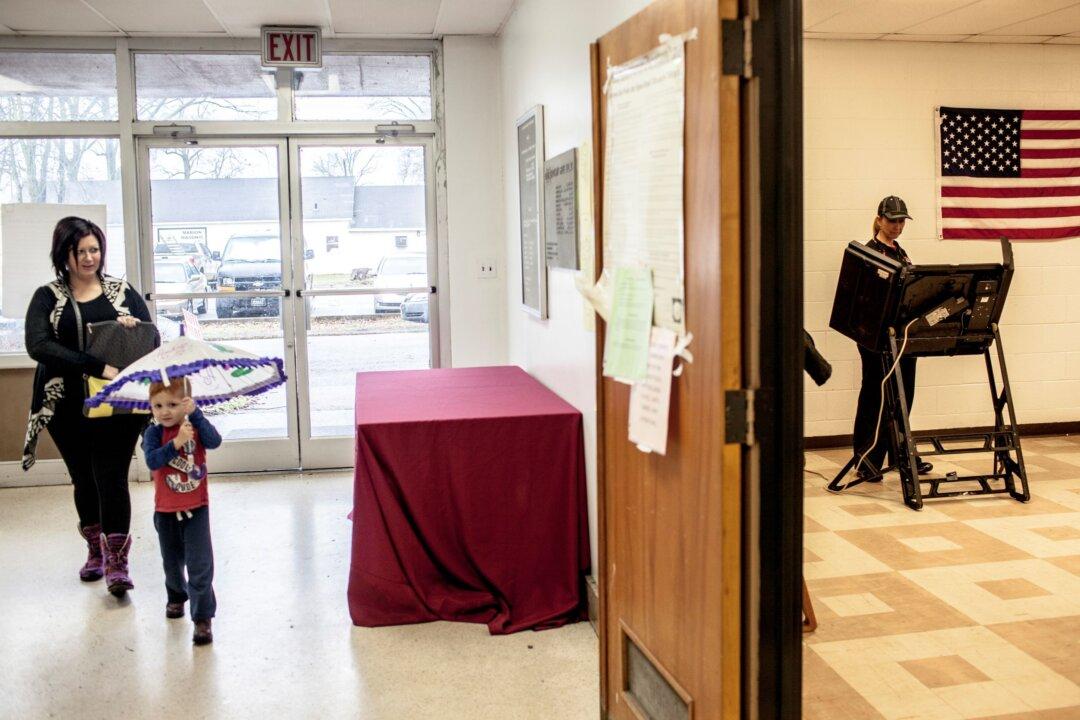In Arkansas, a solidly red state where pro-life and pro-gun values reign, the Republican primary candidates compete based on how conservative they are or how supportive they are of former President Donald Trump.
Sarah Sanders, a former White House press secretary for Trump, holds a solid lead in the gubernatorial Republican primary with 72.5 percent support, according to a recent survey conducted by local media Talk Business & Politics and Hendrix College among 802 likely GOP primary voters.





